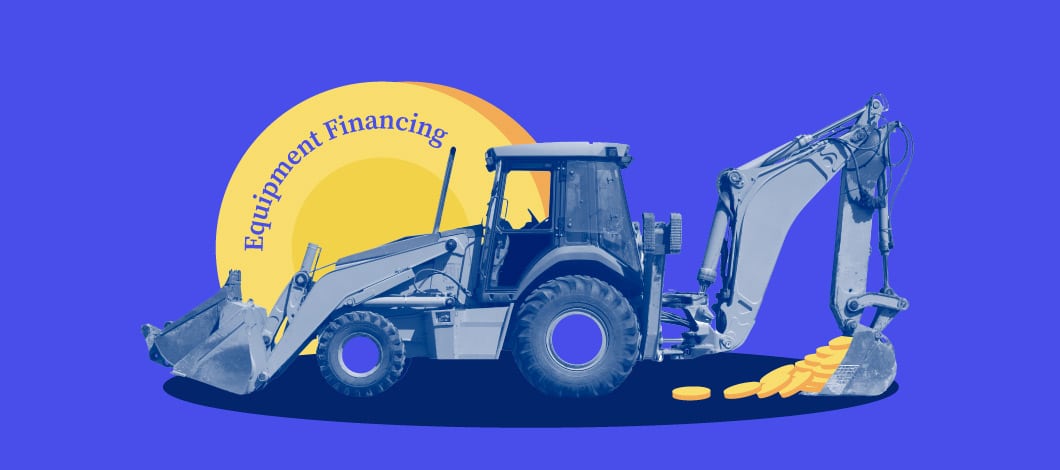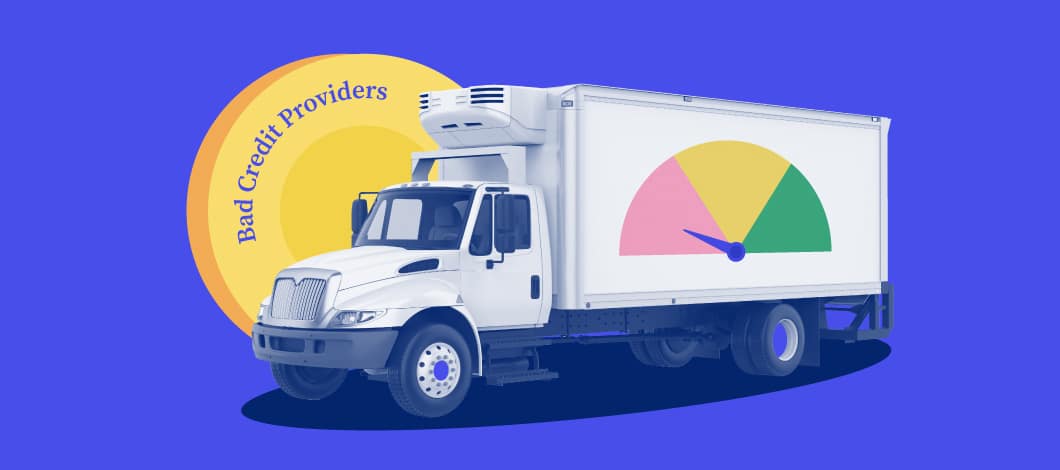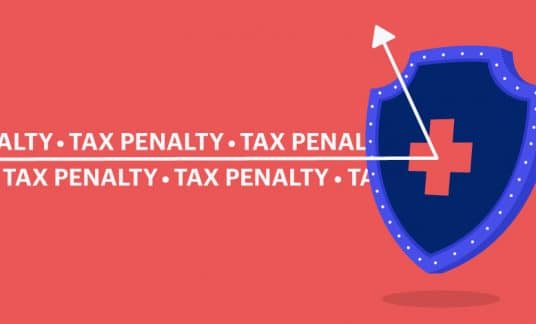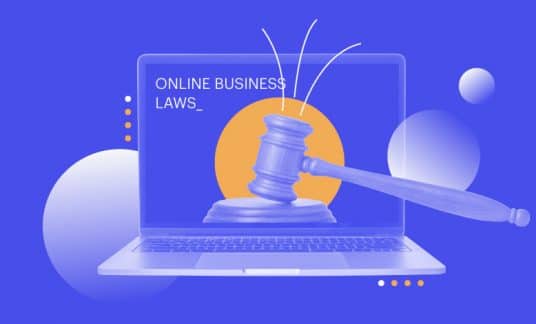While many lenders have programs for businesses that don’t require a credit check, equipment financing is not one of them. Even though no credit check equipment financing isn’t available, that doesn’t mean you can’t find funding to buy the machinery and technology you need to run and grow your company.
After all, equipment and auto loans have the highest approval rates among all financing types, according to the Federal Reserve Banks’ Small Business Credit Survey. Specifically, 87% of applicants surveyed were approved.
Indeed, numerous lenders work with business owners with less-than-average credit scores. They each use different qualification criteria to put together loans with acceptable risk levels. Being turned down by one lender doesn’t prevent another lender from granting approval. Let’s check out the process.
What Is Equipment Financing?
Equipment financing is used toward the purchase of new or used equipment, such as vehicles, machinery, heavy construction equipment and even computers, software or office equipment. Repayment terms match the useful life of the equipment being financed.
Depending on the borrower’s situation, down payments can vary from 0% up to 30% or 40% of the equipment’s cost. However, a 10%-20% down payment is common. Interest rates will vary depending on the lender and the borrower’s qualifications, but can reportedly range from 2%-20%. Additionally, equipment loan amounts can start in the low thousands and go into the millions for some Small Business Administration loans.
An important feature of equipment loans is that the financed equipment serves as collateral for the loan. Lenders like having the equipment as security for the loan in case of a default. This allows them to relax other qualification requirements, such as minimum credit scores and down payments.
Different Types of Equipment Financing
Lenders prefer to finance what are referred to as “hard” assets, such as heavy-duty trucks, excavators, backhoes and tractors. These pieces usually have longer useful lives, hold value and are easier to sell if the lender has to repossess the equipment in case of loan default.
On the other hand, soft equipment assets items — such as computers, software and phone systems — have shorter lifespans and depreciate more rapidly, reducing their value in the event of repossession. For these reasons, lenders will usually require higher down payments and offer shorter repayment terms for soft equipment.
Equipment Financing With Bad Credit
Each lender has its own set of qualifications and considers each borrower’s situation on its merits.
So is it possible to get an equipment loan with bad credit? The short answer is “probably.”
Because lenders have their own qualification criteria, borrowers can apply to several lenders to find one that can work with the borrower’s unique situation.
The factors lenders use to make decisions and structure loans are as follows:
- Revenues – While some lenders don’t have a minimum annual revenue requirement, others require at least $100,000 in annual revenues.
- Time in Business – Two years is generally the minimum considered by lenders.
- Credit Score – Getting a loan with a credit score less than 600 is difficult. In these cases, lenders will try to find other ways to lessen the loan’s risk, such as requiring a higher down payment.
- Down Payment – The amount of down payment can range from 0 up to 30% or 40%.
- Interest Rates – Interest rates will reflect the degree of risk in a loan. Less risky loans get lower rates.
- Personal Guarantee – Depending on the other qualifying factors for a loan, a lender may or may not require a personal guarantee. Some lenders will only ask for the company’s obligation without additional outside guarantees.
Based on each borrower’s unique situation, lenders can use various combinations of these factors to draw up a loan agreement that will be acceptable to both parties.
Equipment Financing Bad Credit Providers
Though you won’t find no credit check equipment financing lenders, here are a few top-rated providers that consider applicants with low credit scores.
1. Crestmont Capital
Crestmont Capital offers equipment leasing and lines of credit and notes that “bad credit is OK.” The company offers terms up to 84 months with fixed rates available. Loans up to $150,000 can be approved with an application alone, though higher loan amounts are also available.
The company has a 4.6-star Google rating and A+ rating with the Better Business Bureau (BBB) where it’s also accredited.
2. National Funding
If you’re looking to purchase or lease new or used equipment, National Funding offers up to $150,000 in funding with no down payment requirement. Applicants need at least 6 months in business, a 575 FICO score and an equipment quote.
National Funding has been in operation since 1999 and is BBB-accredited and A+ rated. It’s also earned a 4.6-star Trustpilot rating.
3. Balboa Capital
Balboa Capital offers same-day equipment financing. Though the company’s website states all credit scores are considered, lending requirements listed on the site note a minimum FICO score of 620.
Additionally, applicants must have at least 1 year in business and $100,000 in annual revenue. If you’re looking to fund a soft asset up to $350,000 or a hard asset up to $500,000, the lender can approve your request through completion of an online application alone.
Balboa Capital has an A+ rating with the BBB where it’s also accredited. The company also has a 4.4-star rating on Trustpilot.
Alternatives to Equipment Financing With Bad Credit
You’ll be hard pressed to obtain equipment financing for your small business without a credit check. If you find you’re being turned down with equipment loan providers, here are a few alternative financing options with minimal credit requirements.
Invoice Financing
Invoice financing is an option for business-to-business companies. With this type of funding, a provider advances a percentage of a company’s outstanding receivables, typically those that are due in less than 90 days. The financing is repaid according to the terms of the agreement, and the advance is secured by the receivables.
This type of financing is based on the value and creditworthiness of the receivables rather than the borrower. The lender does not buy the invoices but uses them as collateral. Advances can be 80%-90% of eligible invoices.
While the estimated APR can run from 10% to 80%, quick funding is a major benefit.
Customer invoices are paid directly to the borrower, who retains ownership of the receivables and maintains control of customer relationships.
Invoice Factoring
In contrast, invoice factoring occurs when the company sells its invoices to the lender — known as the factor — who takes ownership of the receivables. Customers then pay their invoices directly to the factor.
The factor must approve the credit of each individual customer before agreeing to purchase the invoices.
Under a factoring arrangement, funds are advanced in two installments. The first advance is made upon presentation of the invoice to the factor. The second advance is when the customer pays the face value of the invoice. The factor deducts the fees and remits the balance to the borrower.
Invoice factoring has two parts: the advance percentage of the face value of the invoice and the discount rate or fee. The factor fee can range from 1%-5% depending on the provider, the invoice amount and your customers’ creditworthiness, among other things.
An advantage of factoring is that you get your money immediately upon presentation of the invoice to the factor.
If you’re thinking about invoice factoring, consider that the factor will communicate directly with your customers regarding late payments and collections.
Merchant Cash Advances
If your business has a substantial amount of sales, a merchant cash advance could be helpful. With this type of financing, you’re given an advance based on your future sales. The financing provider gets repaid by taking a percentage of your daily sales or automatically deducting a fixed daily installment from your bank account.
Merchant advances are among the costliest forms of financing, but also the fastest. If you need equipment in a hurry, this funding option is one to consider.
Your Financing Options Without a Credit Check
Although getting a business loan or equipment financing without a credit check limits your options, there are lenders that offer financing not based on credit scores. These lenders focus more on asset-based financing, such as factoring receivables or the performance of the business, like merchant advances and revenue financing. Whatever your situation, you can probably find a lender willing to work with you.












